

We deliver beyond your expectations!
Arthroplasty
Shoulder Arthritis
Total Shoulder
Reverse Shoulder
Kevin D. Plancher, MD, MPH, FAOA, FAAOS is a leader in orthopedic medicine, specializing in simple and complex shoulder arthroplasty and joint, labrum, and cartilage preservation. His team delivers advanced, compassionate care based on a dedication to published research and 30 years of patient outcomes. Globally invited lecturer and a surgical innovator, Dr. Plancher brings a wealth of expertise and a comprehensive personalized approach to finding solutions for your injury.

MD, MPH, FAOA, FAAOS
At Plancher Orthopaedics, our shoulder arthroplasty care is driven by a philosophy of precision, innovation, and personalization. From total to reverse shoulder replacements to complex revision procedures, we deliver tailored solutions rooted in decades of surgical excellence. Every treatment plan is crafted around your unique lifestyle, anatomy, and goals—because restoring movement means restoring quality of life.
For patients with advanced arthritis or degenerative joint disease, our total shoulder replacement restores smooth motion and long-term pain relief. Dr. Plancher uses precision-matched implants to recreate natural joint mechanics—helping you regain the comfort and control to reach, lift, and move freely in daily life.
Ideal for those with rotator cuff damage or complex arthritis, reverse shoulder replacement repositions the joint to restore stability and strength. This innovative procedure allows patients to return to functional, pain-free motion even after years of limited use or previous injury.
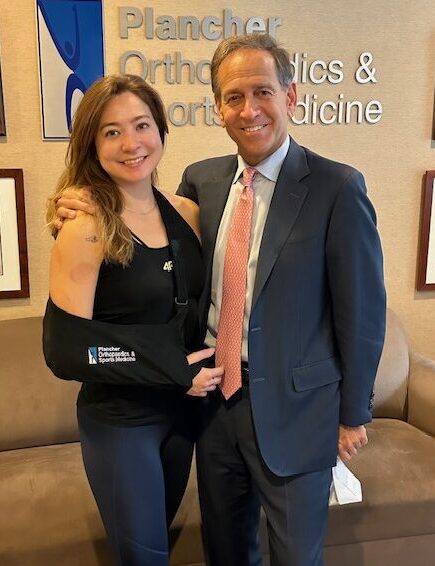



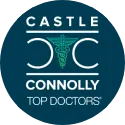
Partner with one of the nation’s leading orthopedic shoulder surgeons, Dr. Kevin Plancher, and receive expert care across a range of specialty shoulder care:
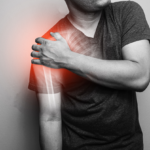

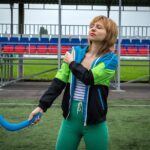
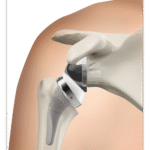
At Plancher Orthopaedics, we offer concierge-level medical care, providing a seamless, patient-first experience. Our compassionate team ensures that you feel supported every step of the way.
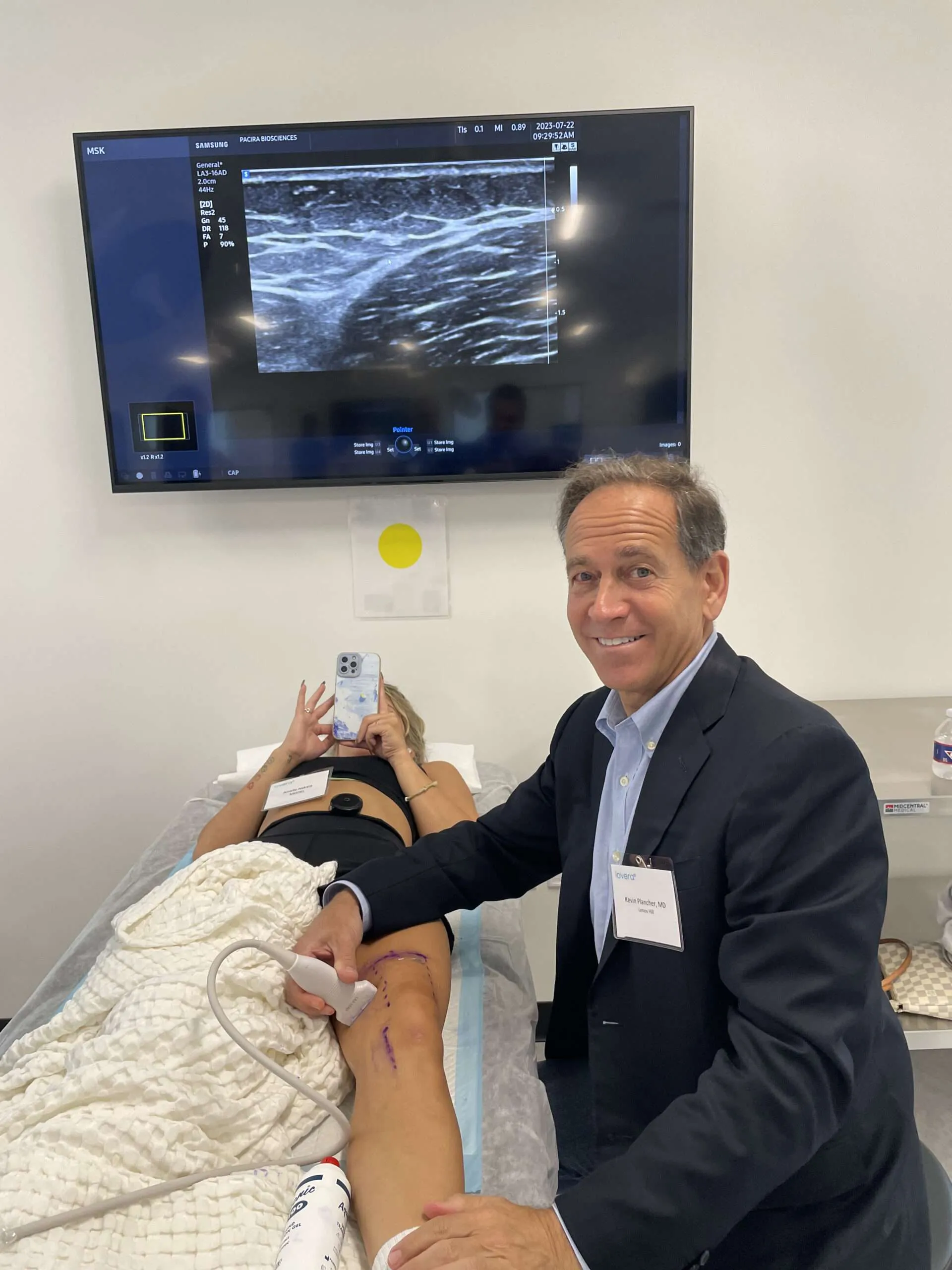

Dr. Kevin Plancher has been ranked in the top 1% of America’s Most Honored Doctors, a recognition of his outstanding contributions to orthopedics.
Faculty member at renowned medical institutions.
I’ve been going to Kevin D. Plancher, MD, MPH, FAOA, FAAOS. for many years and have had two meniscus repairs and I’m amazed how much better I feel and the years of activity I have been blessed to have. I’m extremely active in the mountains and depend on my legs. Anyone serious about getting better, come see Kevin D. Plancher!!























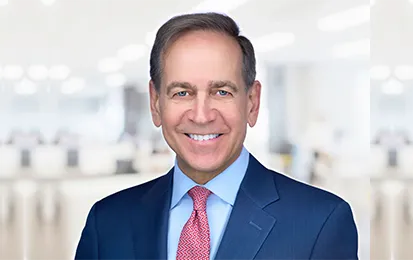
If you need assistance, please feel free to give me a call.
A good candidate for arthritis surgery is a patient experiencing severe joint pain who has not found relief through non-surgical treatments. Such individuals may consider surgery to improve their quality of life.
The main types of arthritis surgeries available are arthroscopy, total shoulder replacement, and reverse shoulder replacement. Each of these procedures aims to relieve pain and improve joint function.
Robotic-assisted surgery significantly improves outcomes by enhancing precision during procedures, which leads to reduced recovery times and better overall surgical results.
Physical and occupational therapy plays a crucial role in arthritis treatment by enhancing flexibility, strength, and range of motion in affected joints. These therapies are essential for effective rehabilitation and management of symptoms.
To prepare for arthritis surgery, gather your personal and medical information, complete any required preoperative tests, maintain clear communication with your healthcare team, and adhere to specific dietary and hygiene instructions. This thorough preparation will contribute significantly to a successful surgery outcome.
Shoulder arthroplasty is a complex procedure, which requires a great amount of cutting of deep tissues and bone. The surgeon takes great care to eliminate pain with appropriate analgesia both immediately after surgery and during the rehabilitation process. A long acting local anesthetic infused around the nerves of the joint is often used with general anesthesia during surgery. These regional blocks will provide several hours of pain relief even after a patient has emerged from general anesthesia. A patient-controlled intravenous infusion pump (PCA) is used in the early postoperative period for pain control. By the second or third day after surgery, oral pain relief medication is adequate through the early rehabilitation period (4-6 weeks).
The time it takes to return to normal activity varies greatly from patient to patient. Most individuals have less pain at night or at rest in the first 2-4 weeks after surgery. Pain with activity persists longer, but generally decreases as the strength and function of the shoulder muscles improve. Full recovery usually takes 4-6 months.
Long-term studies show that 85-90% of total shoulder replacements are functioning well ten years after implantation, and 75-85% are doing well fifteen years after surgery. Over time, current advances in materials and techniques should improve these percentages even more.
New York Office
1160 Park Avenue (corner of 92nd Street)
New York, NY 10128
Phone: (646) 687-9066
Fax: (212) 876-4440
Connecticut Office
31 River Road,
Suite 102 Cos Cob, CT 06807
Phone: (203) 863-2003
Fax: (203) 863-2025
Copyright © 2025 All Rights Reserved.
Plancher Orthopaedics & Sports Medicine 2025